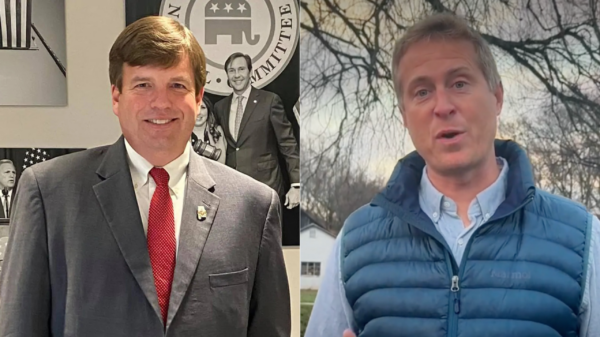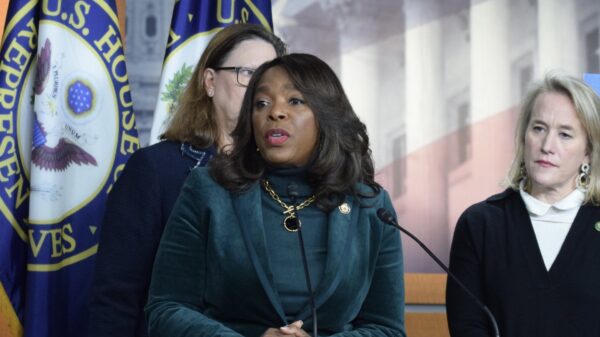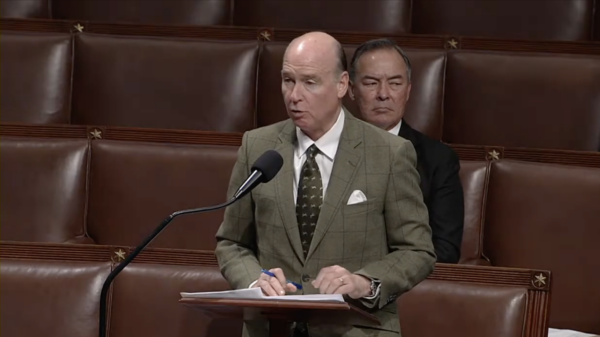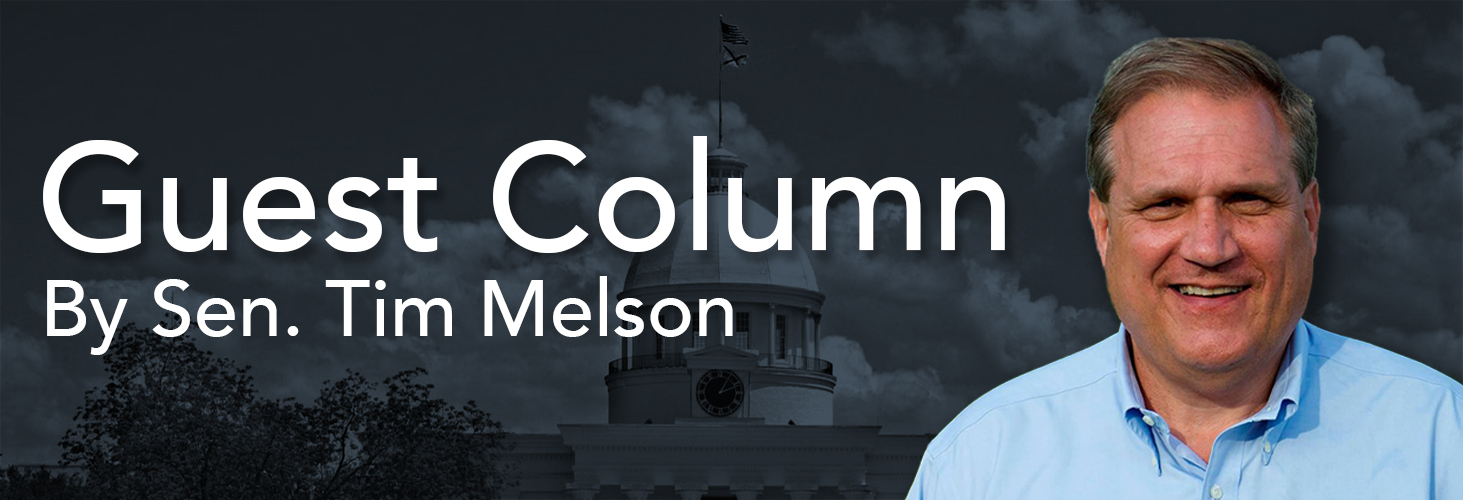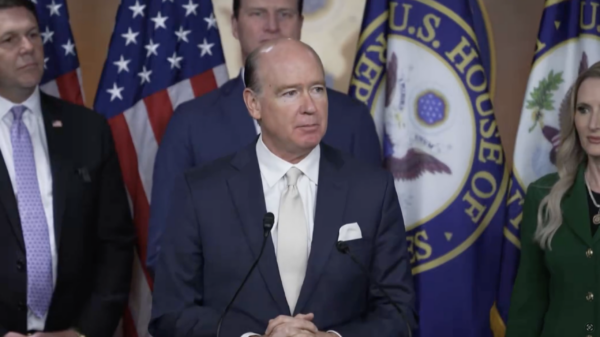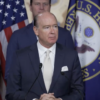By Senator Tim Melson, M.D.
I am deeply concerned about the future of healthcare in this state as a result of the ripple effects of proposed cuts to Alabama Medicaid. If we want to improve and grow as a state and have job opportunities for our citizens, we cannot afford to let this happen.
Healthcare is a multi-billion dollar business in this state, employing hundreds of thousands of Alabamians. And I am among the many that believe Medicaid helps secure the foundation of our state healthcare ecosystem.
While Governor Bentley’s original 2016 budget included a 20% increase for Medicaid funding, the one passed in the regular session and vetoed by the governor cut Medicaid funding by roughly 5%. During the special session cuts of anywhere from 5% to 25% were proposed, and even after a special legislative session we still do not have a General Fund budget. Worse, the actual cuts would be much greater, considering that for every dollar in state funding that is cut we lose roughly $3 in federal matching funds. A $156 million cut then really means $600 million less injected into our healthcare system.
So why does this potential loss matter?
Because many of Alabama’s rural hospitals, pediatrician offices, and other healthcare professionals are already teetering on the edge of closure. In 1980, 85% of hospitals in rural counties delivered babies (over half of all deliveries are paid for by Medicaid). Now only 17 rural counties have a hospital with delivery services or an OB/GYN.
Because over 1 million people are covered by Alabama Medicaid right now, and more than half of those are children. That represents nearly 21% of the state’s population. It is a cross-section of our state’s population that affects rural, suburban, and urban.
Because Children’s Hospital in Birmingham, one of the finest medical facilities of its kind in the country, recently issued a statement revealing that over 60% of its patients are covered by Alabama Medicaid. If you cut funding for those children, what is the likelihood that the hospital can continue to serve non-Medicaid patients? Pretty slim.
Because at the other end of the age spectrum, Medicaid also forms the backbone of the nursing home system in this state. If funding is lost there, everyone in a nursing home, not just Medicaid patients, will be harmed. Two out of every three residents are there because of the coverage from Alabama Medicaid.
In other words, cutting Medicaid means cuts to every medical practice and every healthcare facility. That means a lack of access to quality care for all citizens, not just those covered by Medicaid.
This is all compounded by the fact that the agency is in the middle of a massive structural reform that will save taxpayers hundreds of millions of dollars…assuming funding is granted by the legislature. With these changes, care will be based on outcomes. That means funding crucial preventative and maintenance services that will cut costs by reducing the need for emergency services.
Medicaid is at a turning point in Alabama. We can choose to reform and improve the system or continue harsh cuts that will perpetuate the degradation of healthcare across the state.
So I call on my fellow Alabamians to talk to their state representatives and state senators. Urge them to find a solution that does not include dismantling our healthcare system. Cutting Medicaid means cutting healthcare. For everybody.
Senator Tim Melson represents District Six in the Alabama Senate, which is comprised of all or parts of Madison, Limestone, and Lauderdale counties. He is a retired anesthesiologist and deeply involved in community service.


